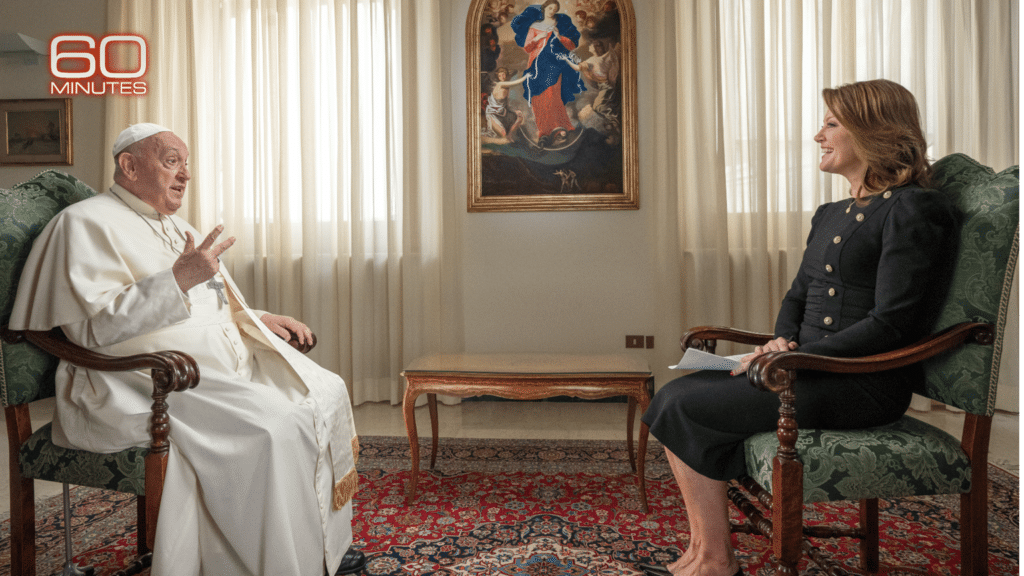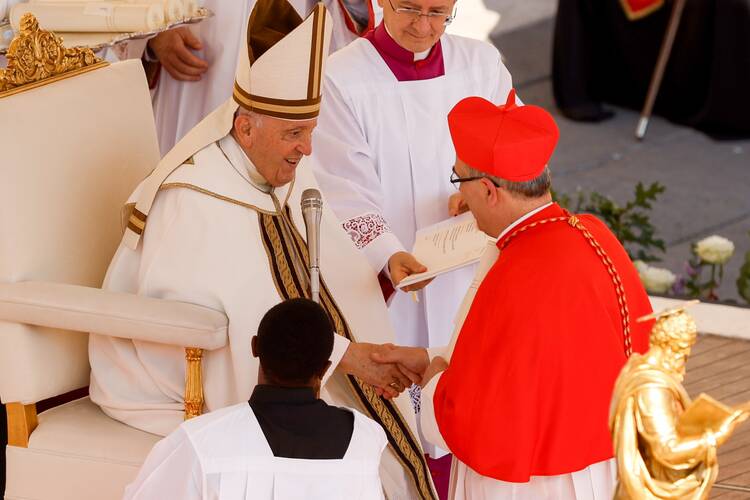

:quality(70)/cloudfront-eu-central-1.images.arcpublishing.com/irishtimes/BSTLLC6MWUR5C4MK7YX45VUX3Q.jpg)


In the Catholic Church, recent events have highlighted the diverse perspectives within its hierarchy. On one hand, Pope Francis elevated 21 men to the College of Cardinals, including Pierbattista Pizzaballa, the Latin Patriarch of Jerusalem. This elevation is seen as a significant moment for Jerusalem, bringing the city to the forefront of the Catholic Church and recognizing its centrality for the Catholic faithful [a7dd3063].
On the other hand, Pope Francis removed Bishop Joseph Strickland from his position as bishop of Tyler, Texas. Strickland, a conservative bishop, has been critical of Francis' progressive reforms, particularly regarding LGBTQ+ issues and women in the Catholic Church. This move reflects Francis' concerns about the right-wing in the U.S. Catholic hierarchy and the divide between progressives and conservatives [68ee25b1]. These contrasting events demonstrate the ongoing tensions and differing perspectives within the Catholic Church.
The removal of Bishop Strickland has caused outrage among some conservative Catholics in the United States. They view it as a reflection of the ideological divisions within the US Catholic Church and doubt Pope Francis' reforms, considering him liberal on social issues. These conservative bishops are strongly pro-life and have even banned Catholic politicians who support abortion rights from receiving the Eucharist. The removal of Bishop Strickland has led to speculation about a potential schism within the US Church [b873bbea].
The American Catholic hierarchy recently held their annual meeting in Baltimore, Maryland, where supporters of Bishop Strickland expressed their solidarity. A recently ousted Texas bishop and his supporters rallied outside the meeting, protesting the removal of Bishop Strickland. The ousted bishop, who was removed by Pope Francis, prayed the rosary with his supporters during the rally. Inside the meeting, the bishops approved materials on how Catholics should vote in the 2024 elections, emphasizing the church's teachings on issues such as abortion, immigration, and school choice. The materials also address human dignity, gun violence prevention, and criminal justice reform. The bishops voted to write a letter to Pope Francis in support of naming Cardinal John Henry Newman a 'doctor of the church' [bb7492a5].
These recent events highlight the deepening divisions within the Catholic Church, with contrasting perspectives on social issues and the direction of the Church. The removal of Bishop Strickland and the rally outside the US bishops meeting demonstrate the ongoing tensions between conservatives and progressives within the Church. The bishops' approval of materials on Catholic voter values for the 2024 elections further emphasizes the Church's stance on key issues. The Catholic Church continues to grapple with these divisions as it navigates its role in contemporary society [bb7492a5].